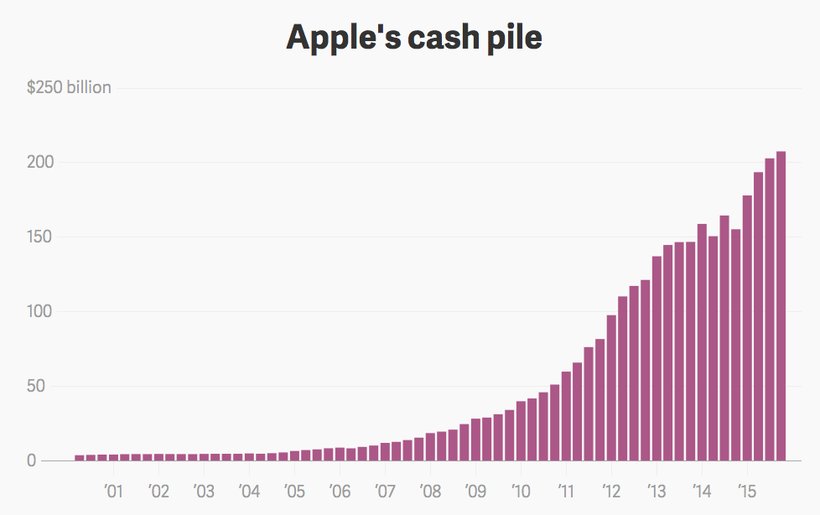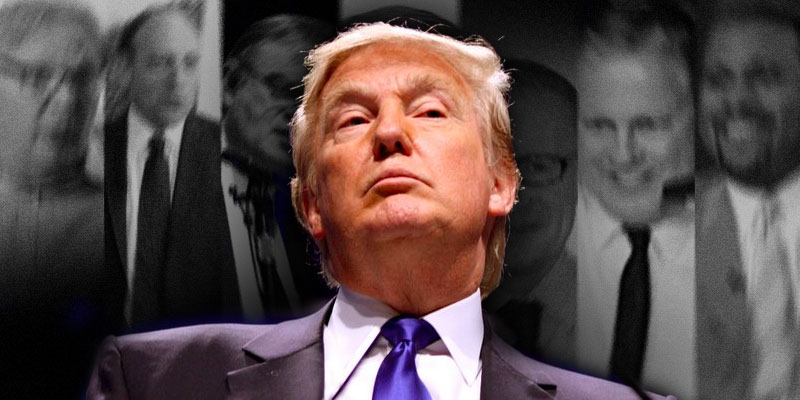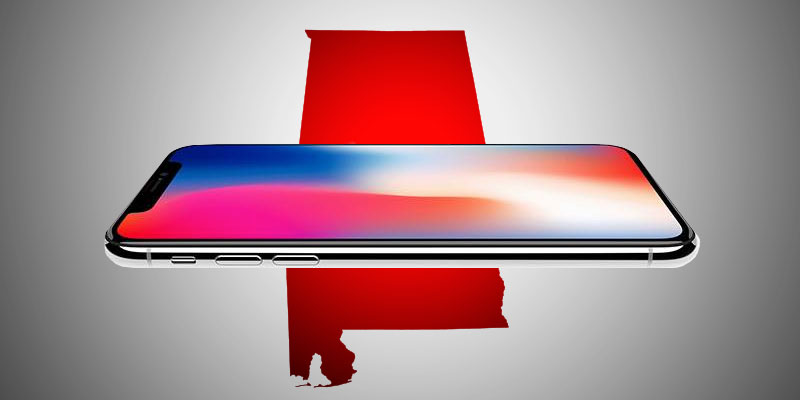(Video above: A clip from 60 Minutes’ interview with Apple CEO Tim Cook)
Tim Cook is not known as a champion of conservatism — quite the contrary, actually.
After being inducted into the Alabama Hall of Honor last year, the Robertsdale native and Auburn University graduate urged his home state to achieve “equality in truth” by granting increased protections for members of Alabama’s lesbian, gay, bisexual, and transgender (LGBT) community.
But while Cook, who is the world’s most famous openly gay CEO, has garnered headlines for his liberal social views, his pro-free market fiscal beliefs have not received as much attention.
During an interview with Charlie Rose, which aired on CBS’s 60 Minutes program this past weekend, Cook gave a full-throated rebuttal of the progressive left’s contention that Apple and other companies do not “pay their fair share.”
“That’s total political crap,” Cook said in response to Rose’s assertion that Apple was “engaged in a sophisticated scheme” to hoard money in tax havens, an oft-repeated contention of progressive politicians in both parties, from Bernie Sanders to John McCain.
In 2011, while the U.S. government debated whether or not to raise the debt ceiling, Apple had more cash on hand ($76 billion) than the U.S. Treasury ($74 billion). Since then, that number has ballooned to over $200 billion, much of it kept in bank accounts overseas, where over two-thirds of Apple’s profits originate. The company pays taxes in the jurisdiction in which the money is earned, but would have to pay an additional 40 percent (approx.) to transfer the money stateside.
(Graphic below via Quartz)

Here is a transcript of the exchange between Rose and Cook on 60 Minutes:
Rose: How do you feel when you go before Congress and they say you’re a tax avoider?
Cook: What I told them, and what I’ll tell you and the folks watching tonight, is we pay more taxes in this country than anyone.
Rose: Well, they know that. And you should because of how much money you make.
Cook: Well, I don’t deny that. We happily pay it.
Rose: But you also have more money overseas, probably, than any other American company.
Cook: We do. Because as I said before, two-thirds of our business is over there.
Rose: Yeah, but why don’t you bring that home, is the question.
Cook: I’d love to bring it home.
Rose: Why don’t you?
Cook: Because it would cost me 40 percent to bring it home. And I don’t think that’s a reasonable thing to do. This is a tax code, Charlie, that was made for the industrial age, not the digital age. It’s backwards. It’s awful for America. It should have been fixed many years ago. It’s past time to get it done.
Reforms that would address Apple’s concerns and other issues with the tax code are not expected to receive consideration in Congress until President Obama — who has vowed to veto such efforts — is no longer in office.
Cook also took issue with progressive education policies that have stigmatized vocational skills and pushed every American student toward a four-year degree, leading many of them to graduate without an employable skill.
Apple suppliers employ roughly 1 million Chinese workers, who Cook says have a leg up on American workers, not just because they are cheaper to employ, but because they have developed manufacturing skills that are often overlooked in the United States.
“China put an enormous focus on manufacturing — what we would call vocational kind of skills,” he said, echoing a sentiment often expressed by Mike Rowe of Dirty Jobs fame. “The US over time began to stop having as many vocational type of skills. I mean, you could take every tool and die maker in the United States and probably put them in the room we’re currently sitting in. In China you would have to have multiple football fields. It’s because it was a focus of their educational system. That is the reality.”
Alabama leaders have increased their focus on vocational education options in recent years, and the efforts have resulted in the state attracting several high-profile manufacturing projects.
The full 60 Minutes interview, which includes a rare look “inside Apple,” can be found here.
RELATED: The D.C. political class thinks it’s time to take a bite out of Apple













